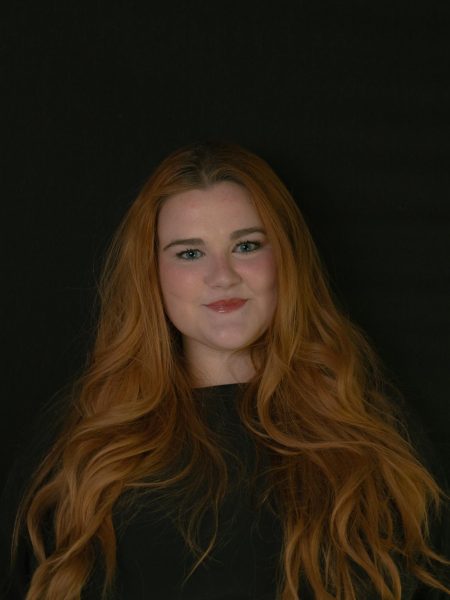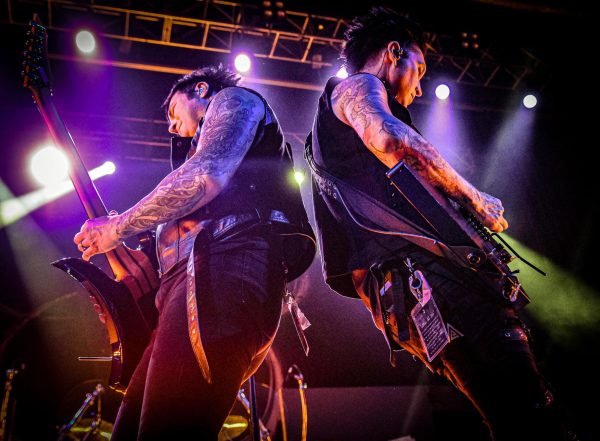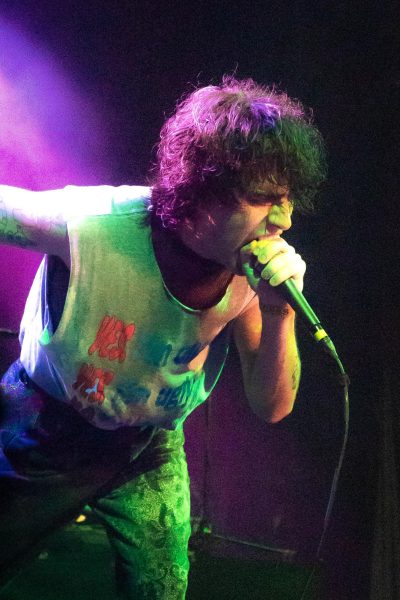The downfall of ‘The Bachelor’ franchise
An entertaining show that severely lacks diversity
October 18, 2022
Some of you might have heard of the popular ABC dating shows — “The Bachelor,” “The Bachelorette” and “Bachelor in Paradise.” “The Bachelor” consists of 30 women fighting for the engagement to one male fan favorite from a previous season. “The Bachelorette” is the same concept, with the roles reversed. “Bachelor in Paradise” is where men and women from either show all meet up on one beach and try to “find love” — one of the host’s many taglines.
“The Bachelor” first aired on March 25, 2002, and the first-ever “Bachelorette” season aired shortly after on Jan. 8, 2003. “The Bachelor” franchise has never missed a season in its nearly 20-year run, including during the COVID-19 pandemic. The show has been able to remain successful because of its large and loyal fanbase in which fans throw viewing parties, create fantasy drafts where they predict who will win and tune in every Monday to watch two hours of straight romance and drama. Regardless, the show has experienced much controversy that puts the ethics of the show into question.
“The Bachelor” franchise has been involved in many controversies including Chris Harrison, — the show’s host from 2001-2021 — who was fired from the show after comments defending a racist contestant and not having a non-white Bachelor until 2020.
The show has received countless amounts of criticism for not diversifying its cast as seasons progress. It is always the same blonde, skinny, straight, predominantly white cast. This becomes a more glaring contrast when one realizes that the show has never had a black couple standing at the end of any of the franchise’s seasons. The lack of diversity in terms of race, body size and sexuality excludes the vast majority and fails to accurately represent what the real world looks like.












